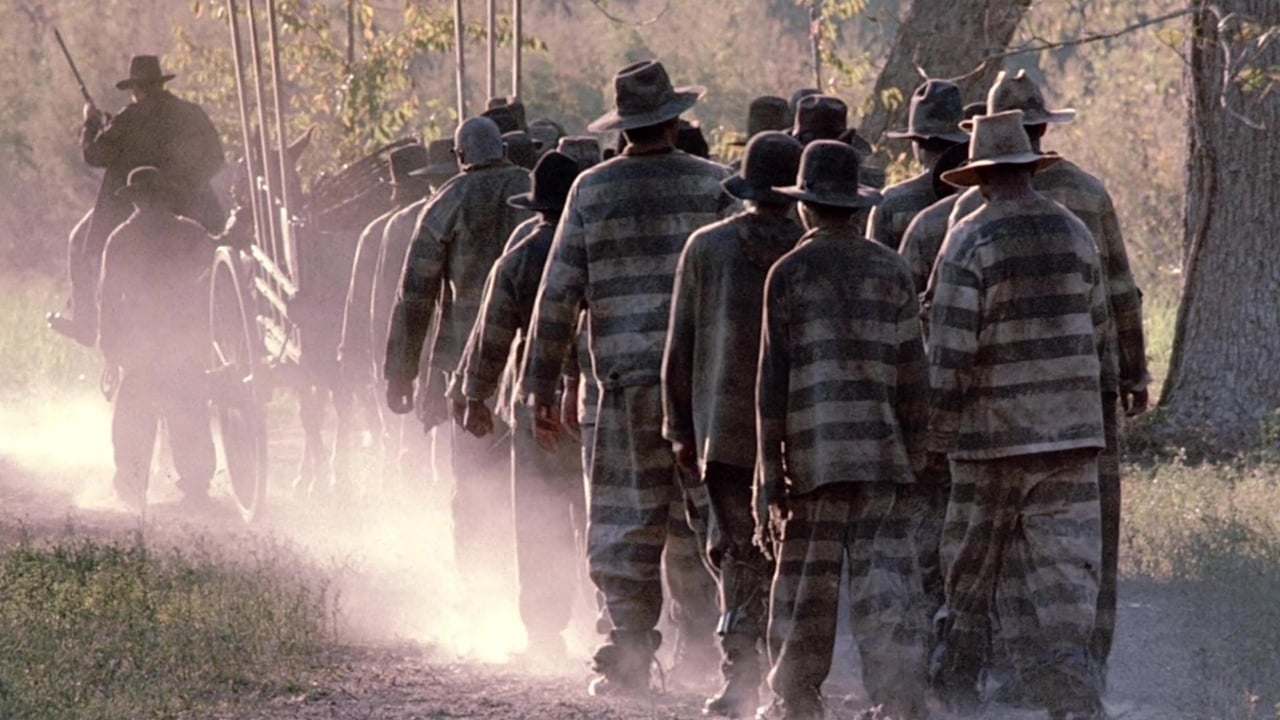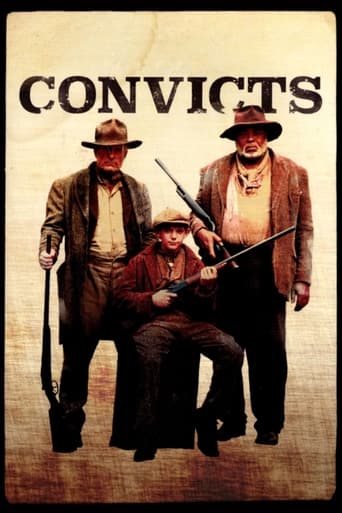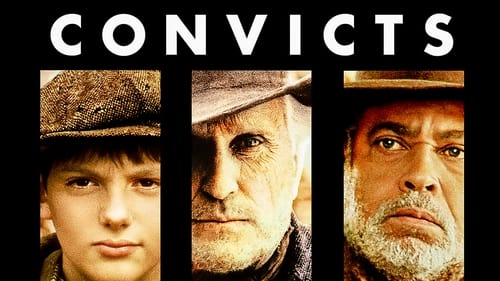


Absolutely the worst movie.
... View MoreThe performances transcend the film's tropes, grounding it in characters that feel more complete than this subgenre often produces.
... View MoreThe movie really just wants to entertain people.
... View MoreThrough painfully honest and emotional moments, the movie becomes irresistibly relatable
... View MoreLike many stage adaptations, this film is a collection of set pieces without a tight overarching narrative. Not only is it adapted from the stage, but from the middle of a three-act play, which serves to remove some of the context; the viewer is just plopped into the middle of this one. I thought the performances were good overall, but the production was somewhat lacking. Perhaps the streaming version I saw was a bad transfer, but the cinematography was nothing to write home about, the contrast was way too high in many of the daylight scenes, and the colors looked as if the film was shot on old, faded film stock. A bit of a strange soundtrack too, but I liked it and I thought it was fitting. I would recommend it if you like Foote, Faulkner, or Duvall.
... View MoreSoll (Robert Duval) is a sugar plantation owner in southern Texas, 1902. We catch up with him on the last day of his life when he is not doing so well, having become quite senile. He repeats himself, relives old events, asks the same questions multiple times (getting the same answers). As might be expected, Duval creates a believable character, but I have to admit that spending an hour and a half with Soll served mainly to convince me of how difficult it would be to deal with such a person. I wasn't there, so I don't know what things were like in southern Texas at the turn of the century, but the atmosphere created in this movie struck me as believable. I had never understood that some of the southern plantations were sugar cane plantations, so that was interesting to see portrayed. At the time of this movie the workers in the field were leased convicts, almost exclusively black. It seems that over three decades after the Civil War the only change in plantation workers was from slaves to leased convicts, who were treated as slaves. Soll did trust one black man (played by James Earl Jones) to help run the plantation. You got the feeling from this film that a certain era was slowly nearing an end from a time when people like Soll proudly wore his Confederate uniform and convicts were treated like slaves to somewhat better times (convict leasing was abolished in Texas in 1910). Soll can be seen as a symbol for a way of life that had grown old and no longer viable.I was impressed with how Horace, a teenage white boy in the house, was so patient with Sol. The relationship between Soll and Horace was a key element in the movie--as one man was leaving the earth a young man who was more understanding and patient was taking his place. I imagine Horace's experiences on the plantation were something for him to sort through for the rest of his life, particularly the racial issues.The movie is based on a play and much of it gives evidence to that fact.
... View MoreIn today's world of digital fabrication, there is no computer than can replace the actor and writer. Alas, this type of "character driven" film is far too rare these days. Duvall's performance as well as James Earl Jones are faithful to their audience's high expectations. I wonder if this movie was made for TV? It has a "close-up" personal quality to the narrative. It is an understatement to say that the performances are all Outstanding. The only thing that keeps it from being a cinema Masterpiece is the lack of a great Cinematographer, but pretty pictures are not everything. How can talent the likes of Jones and Duvall continue to produce such fine work in an age where actors pose for the digitizing?
... View MoreIf you care for fine acting and excellent characterization, try this film. It doesn't take the commercial, slick, easy approach to the storyline about the reason for use of convict labor on Southern plantations, or about the treatment of the convicts unlucky enough to be doing time at hard labor. Filled with well-thought-out glimpses of the declining southern gentry, the economics of plantation ownership, racism, and other tough subjects, it is also a commentary on human fragility.
... View More